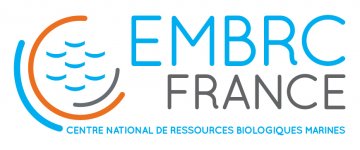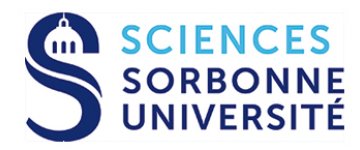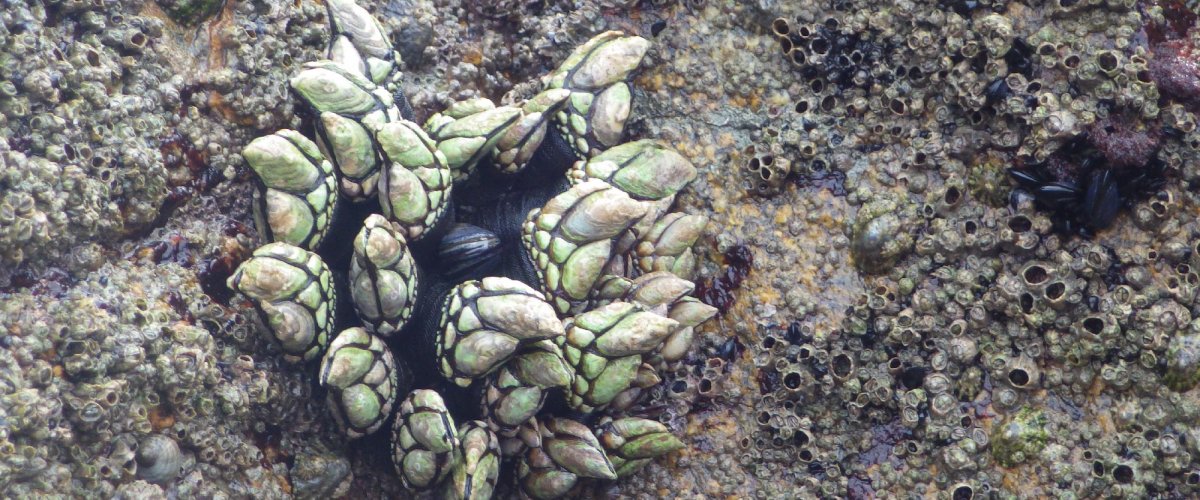Call for postdoctoral position
Research Unit: Adaptation and Diversity in the Marine Environment, UMR7144 CNRS Sorbonne Université
Location: Station Biologique de Roscoff (north coast of Brittany, France)
Project:
The stalked barnacle (SB) Pollicipes pollicipes inhabits the intertidal levels of exposed rocky shores from Senegal up to the Northern Coast of France. In Spain (Galicia and Asturias) and in Portugal, the stocks are intensively exploited and SB can reach first-sale market prices up to 200€/Kg. Management strategies differ among the two countries. In Portugal, the fishery is essentially open access with a restricted fishing period and with some protected areas. In the NW Spain, the management is mainly based on the Territorial User Rights for Fishers (TURFs), where a group of fishers are allowed exclusive use of the resource within a spatially restricted area of the ocean, in exchange for strict adherence to the regulations based on scientific assessment of the stock. In France, if its exploitation remains minor, the French fishery will probably gain importance at the northern boundary of the species due to increasing demand and climate change.
In this general context, the aims of the European Biodiversa Project “Percebes” which brings together laboratories from Portugal (Univ. Sines and Aveiro), Spain (Univ. Vigo and Oviedo) and France (Station Biologique de Roscoff, ENSTA Bretagne) are to propose tools for the transition to spatial management of coastal resources on the case study of the stalked barnacle Pollicipes pollicipes. For species exhibiting a complex life cycle with a planktonic larval stage like SB, improved knowledge of larval dispersal pathways and demographic connectivity is a central issue for understanding the dynamics and the persistence of spatially distributed stocks, and also for implementing effective and sustainable fishery management strategies, i.e. delineation of spatial management units and design of marine protected areas.
The primary objective of the post-doctoral position will be to estimate the level of population connectivity at the scale of the European Atlantic coasts and at the more restricted scale of Brittany (France), using the newly designed 15 microsatellite markers already tested during the first year of the project. At least, mature adults of 10 populations per country have been sampled during the first year of the project and newly recruits will be sampled each year on adults during the course of the project. If a genetic structure is observed, assignment tests would be performed to identify the origins of recruits. The results obtained on population connectivity by molecular tools would be compared with data provided by a hydrodynamic model coupled with Individual-Based Model of larval development and behavior. The post-doc fellow will perform individuals’ genotyping and population analyses in Roscoff with people from the new team ‘Dynamique de la Diversité Marine’ (C. Lejeusne & D. Jollivet) but will also interact with population geneticists in Spain (Yaisel J. Borrell Pichs) and experts in larval dispersal modeling in France and Portugal.
The second objective will be to pursue a monthly monitoring program of three Pollicipes populations initiated in July 2017 at three Breton sites. This monitoring program provides data that will fuel a larger project, which aims at following the dynamics of reproduction and recruitment along a latitudinal gradient over the European coastlines. One hypothesis is that the spatial variability of reproduction and recruitment among countries could strongly control connectivity in relation to the seasonal variations of hydrodynamics. The post-doc fellow will be in charge of the sampling planning and samples treatment to assess the reproductive status of adults and the seasonality of the recruitment.
Competences:
+ Basic knowledge in marine biology and oceanography
+ A good background in ecological and evolutionary theories associated with conservation biology
+ A good knowledge on methods commonly used in population genetics to genotype individuals and analyse microsatellite datasets
+ Ability to plan field observations and sampling
+ Interest for population ecology and the work in an interdisciplinary and international context
Contact:
Eric THIEBAUT (thiebaut@sb-roscoff.fr) and Didier JOLLIVET (jollivet@sb-roscoff.fr)
Station Biologique de Roscoff, Place Georges Teissier, 29680 Roscoff, France
For application, please send a letter of motivation and a detailed curriculum vita by e-mail before the 15th of June 2018.








